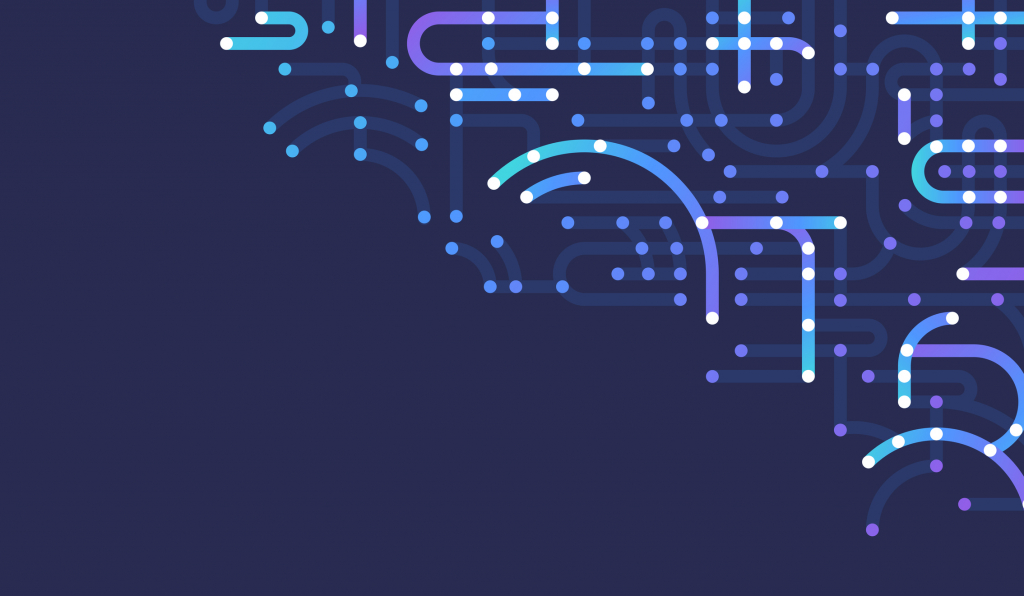Possibilities for health interoperability

The trend toward digital healthcare has the potential to be very meaningful to patients, physicians, and independent practices. Electronic health record (EHR) integrations can result in better care for patients and reduced burnout in physicians. Interoperability can also increase the number and type of patients an independent provider can care for, in addition to reducing costs and improving the quality of care for patients in their own home. There are many possibilities for health interoperability going forward.
Health interoperability is a significant factor in improved chronic disease management, increased patient engagement, better independent living outcomes for older adults, as well as proactive monitoring of population health.
Remote and connected technology, for example, can be very helpful in situations where the patient may need to wear a heart monitor and have the readings transmitted to the provider’s office. As long as the patient carries a phone connected to the device, the provider can obtain accurate readings no matter where the patient is located at any point in time. Concerns such as irregular heartbeats can be monitored while the patient goes about their regular day.
There are some challenges with interoperability, mostly stemming from network reliability. If that patient wearing a monitoring device needs to connect with their physician but they are not on a stable network, it could skew the results. The patient with the heart monitor, for example, could not leave the US as it would have to be connected to networks within the country to work properly.
Security is another major concern when considering the possibilities for health interoperability. With the advancement of technology also comes the advancement of hackers. This could put patient data and other critical and personal information at risk.
However, the possibilities and the outcomes of Interoperability are extraordinary. A patient who lives in California could be involved in an accident in North Carolina and all of their health records would be readily available for the physicians to treat them appropriately, including knowing any allergies, previous conditions, or incidents. It can reduce the risk of error or negative reactions and allow for a quicker and more accurate diagnosis and treatment plan.
Elation partners with labs, practice management, billing systems and software tools to create a comprehensive EHR integrations solution. Learn more here.
Interoperability offers several benefits for:
- Providers – With health record and medical device interoperability in place, providers can receive and view patient health information (PHI) in real time. This allows the physician to make better and faster decisions regarding a patient’s health without waiting for paper records to be faxed or scanned and sent via email. The electronic transfer of information through EHR integrations also lessens the chances of medical errors and incorrect diagnoses, as it eliminates the potential misreading of data because of illegible handwriting.
- Patients – Interoperability allows patients to access their medical records wherever they may be at any point during the day, as long as the network they are on is reliable. The result can be quicker and more efficient communication with their provider, reduced office visits, and remote submission of test samples, in addition to having access to test results on their personal devices. The real-time medical information results in better patient outcomes as it enables providers to monitor chronically ill patients and then provide a timely and appropriate intervention.
- Healthcare costs – The patient-provider benefits of interoperability contribute to resolving this very serious healthcare issue. According to West Health Institute, the healthcare system in the US has $36 billion dollars in addressable waste. About 97% of that is directly due to the lack of interoperability. The possibilities of health interoperability include the potential to save up to $30 billion healthcare dollars annually.






